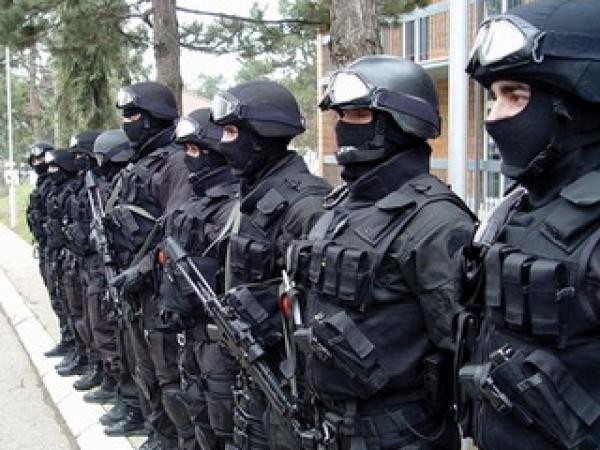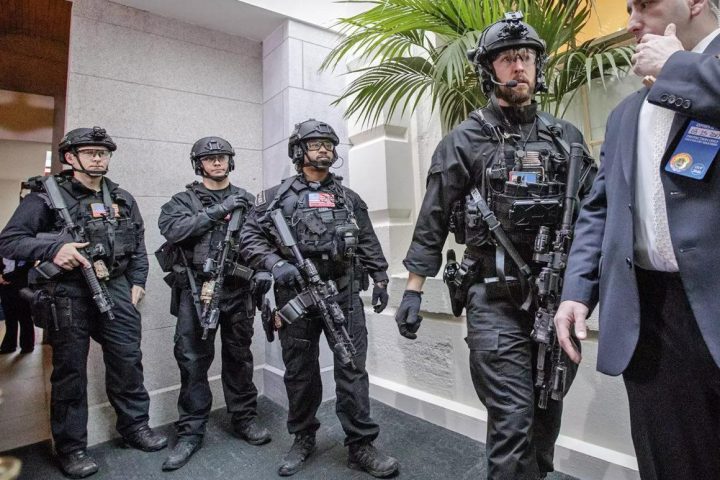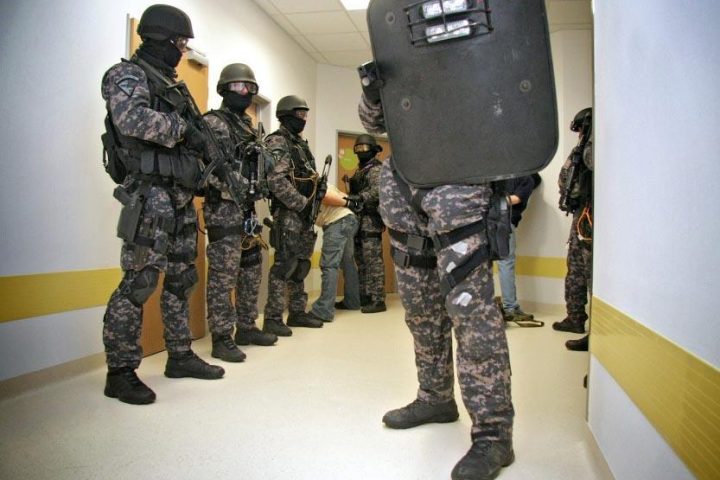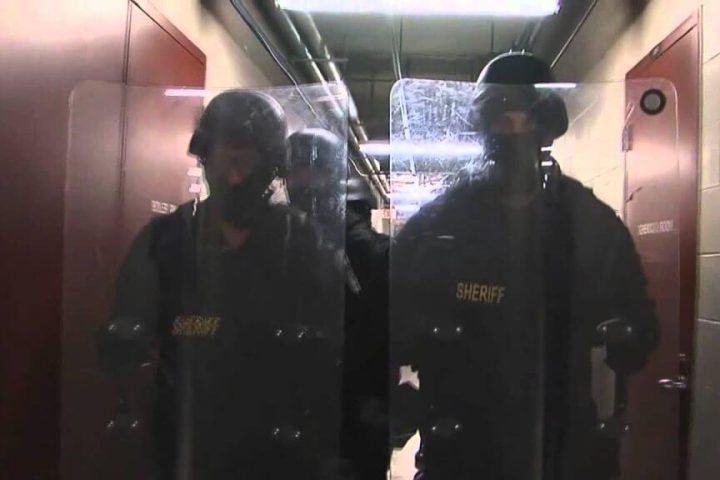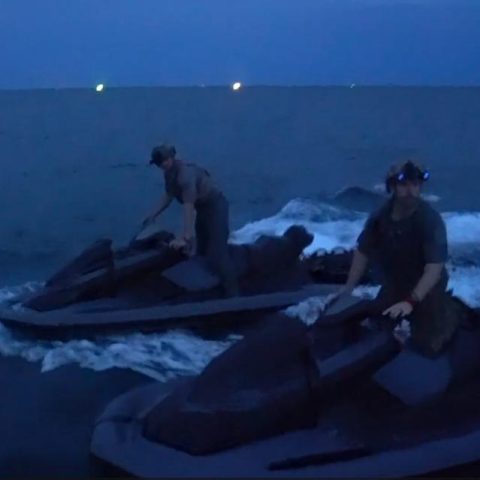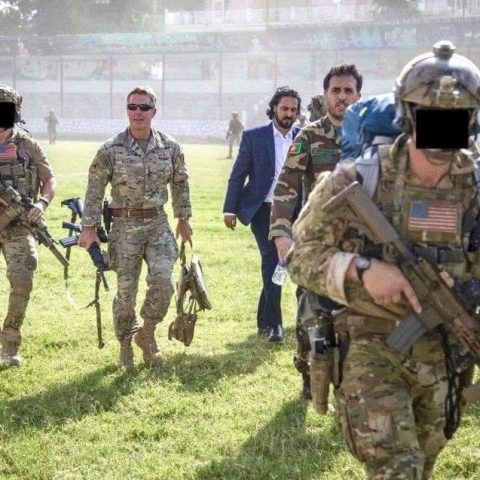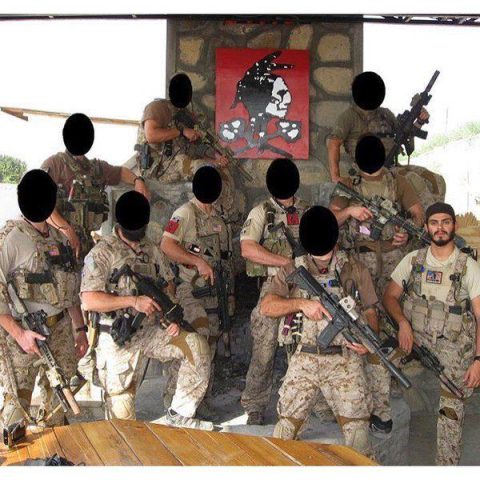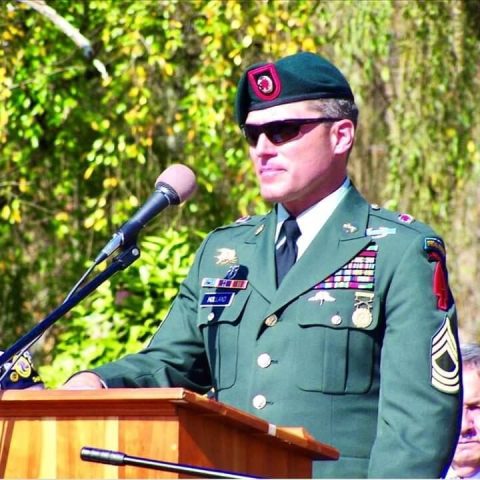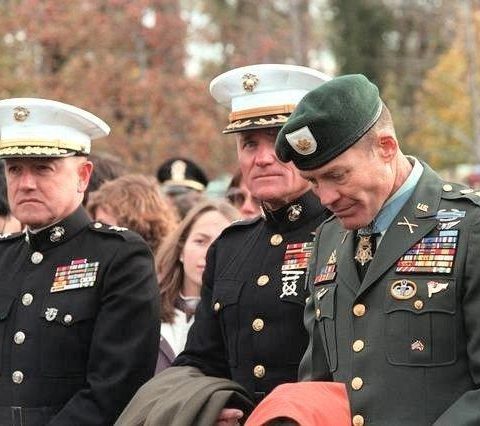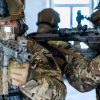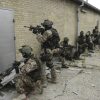Kosovo is one of the youngest countries in the world, having gained independence from Serbia a few years ago. In the years following independence, Kosovo has worked to create its law enforcement forces. As part of its efforts to enhance security, Kosovo has established a unit called ROSU.
Introduction
Very little is known about Kosovo’s special police unit, ROSU, and even the Kosovo media and police are quiet about it. The abbreviation ROSU is still used in Serbian media, but it is no longer mentioned in Albanian media. Instead, it is emphasized that ROSU is a special operational unit (NJSO).
Today, most police in Kosovo work as patrol officers. However, a portion of the police force has specialized in investigative and specialized units. These units are divided into six regions, including organized crime and the forensic unit.

History
This special unit traces its roots back to 1999 when the United Nations Interim Administration Mission in Kosovo (UNMIK) Civilian Police (CIVPOL) arrived in Kosovo to train local police forces. In 2002, the precursor to ROSU units, the so-called Regional Street Crime Unit (RCSU), was established. The future special forces were trained and led by the head of CIVPOL, American Angel Queipo, and his deputy, Jim Renfrau.
Both Queipo and Renfrau were known as experts in operations to suppress drug smuggling and arrest individuals with warrants, as well as breaking up demonstrations. The lecturers and instructors were experts from the United States and Germany, Great Britain, France, and Turkey.
The following year, Renfrau took over as head of the unit based in Kosovo and intended to be regional as needed. While Renfrau was still the commander, the name was changed to ROSU (Regional Operational Support Unit). One such unit was set up in each region of Kosovo.
After Kosovo’s unilateral declaration of independence, the name was changed to Special Operational Unit (Njesia Speciale Operative – NJSO), which is still used today. Rasit Kalaj was then appointed as the commander of the operational forces of the Kosovo Police.
In addition to these specialized units, each region has its own Regional Operational Support Unit (ROSU). These units are similar to standard SWAT units. The members of ROSU are often referred to as specialists. The unit operators are specially trained to perform the most difficult arrests, combat terrorism and violent attacks, and conduct dangerous search warrants. Their secondary objective is to prevent the disturbance of public peace on a larger scale, and they are often used to control crowds during violent demonstrations.
The first specialized ROSU units in Kosovo were formed in the capital city of Prishtina and initially appeared as regional units for street crime (Regional Street Crimes Unit). The unit in standard SWAT form was established in 2002. The very first unit was stationed in Kosovo Polje and was used to support the entire territory of Kosovo.
Equipment
NJSO uses a special assortment of weapons, including Glock 19 pistols, Hecker & Koch MP5 submachine guns, AK-47 style rifles, tear gas, and in some cases, snipers.
Other special units in Kosovo
In addition to ROSU units in Kosovo, other special units have similar or related responsibilities and tasks. The ROSU often cooperates with the Close Protection Unit (CPU) and the Special Intervention Unit (SIU).
The Close Protection Unit within the Kosovo Police was formed on January 21, 2002. The main task of the CPU is to provide personal protection for Very Important Persons (VIPs). In addition, the CPU unit also protects individuals who are under threat and who are part of the witness protection program. The CPU also provides tactical cover for foreign delegations. They are also responsible for protecting and evacuating international staff and police officers assigned to the EULEX mission in Kosovo.


